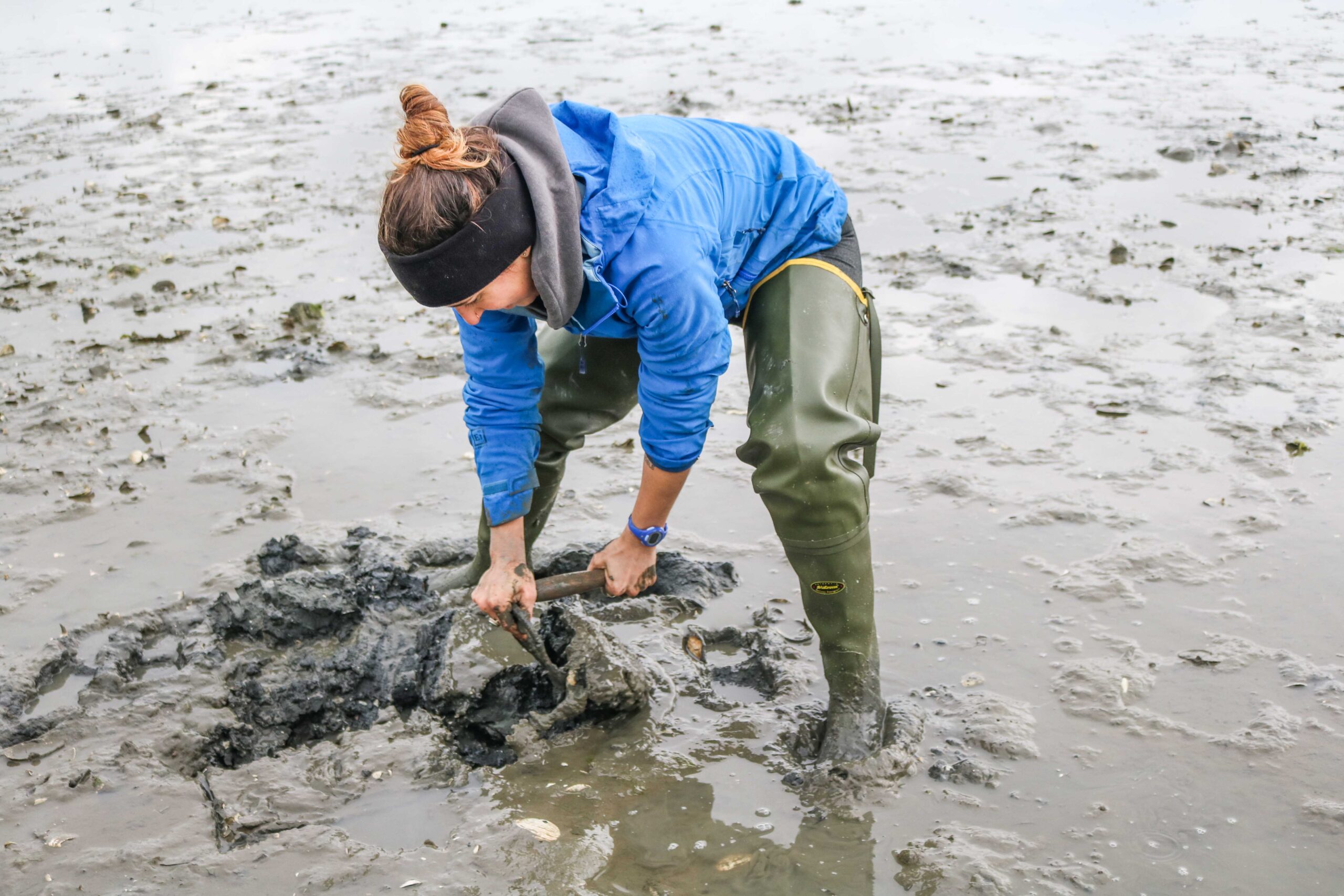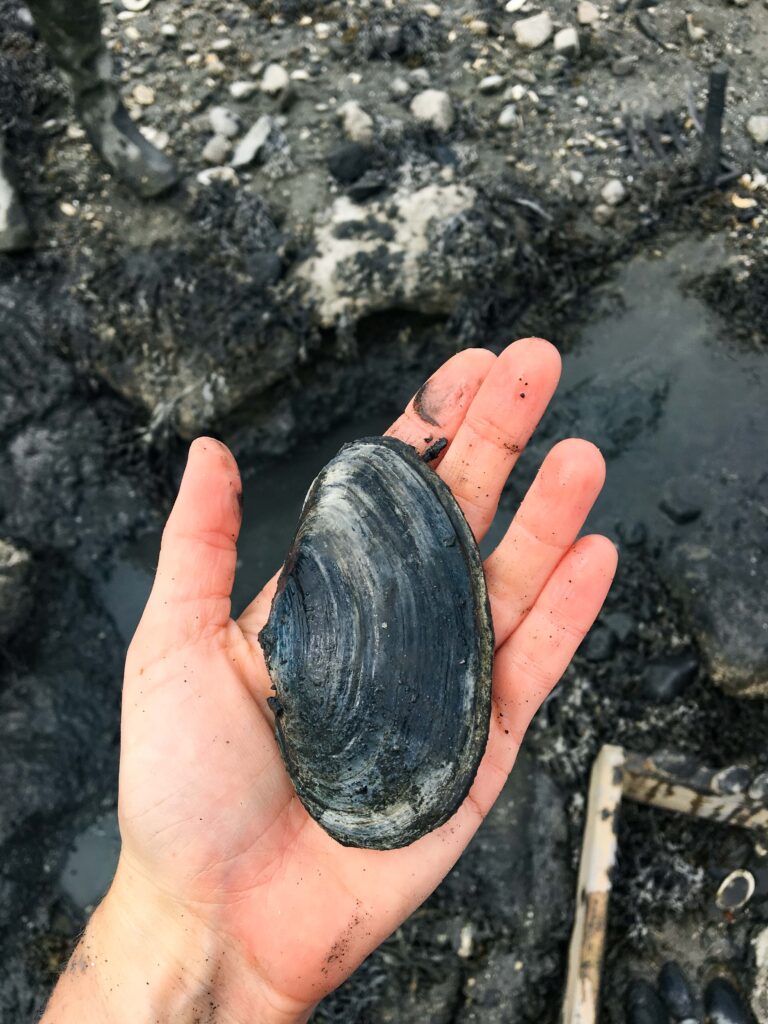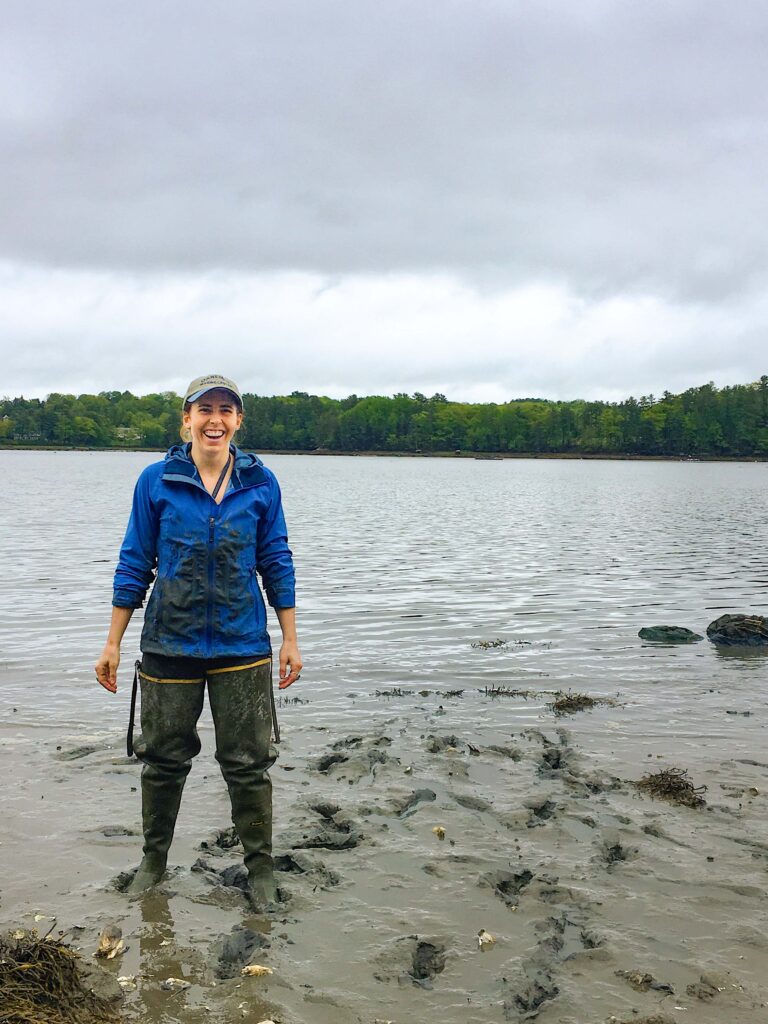
Research Reveals Diverse Community Benefits of Small-scale Fisheries
Marine fisheries provide many benefits to coastal communities. Fisheries generate food, provide employment and economic profit through the supply chain, and play an important role in a sense of community and individual identity.
University of Maine researchers Heather Leslie and Kara Pellowe are studying the diverse benefits provided by fisheries in partnership with harvesters and other local experts in multiple regions, including Maine and Mexico.
Pellowe, a former UMaine postdoctoral scholar now at the Stockholm Resilience Centre in Sweden, and Leslie, director of the UMaine Darling Marine Center in Walpole, contend that the benefits provided by fisheries are more diverse than is often accounted for in fisheries management.In a recent study published in the scientific journal Ambio, Pellowe and Leslie study the diverse benefits that small-scale fisheries provide to coastal communities. The research indicates that non-fishing families recognize the diverse benefits associated with coastal fisheries. The study specifically investigated how these benefits were recognized in the community of Loreto in the northwest region of Mexico, where both fisheries and tourism play important roles in the local economy, much like the Maine coast.

The study is based on data that Pellowe collected in Loreto, Baja California Sur, Mexico. She used a standard social science approach, household surveys, to gather information on the benefits that the Mexican chocolate clam fishery provides to community members.
The data revealed that the values of most importance to the community were the economic, cultural and tourism values generated by the clam fishery. The clams also contribute to a shared sense of local community identity, particularly for participants who had lived in the region longest. The high cultural and historical significance of the fishery highlights chocolate clams as a cultural keystone species in the Loreto region.
“It is critically important to document the diversity of value communities receive from fished species and encourage policy development that explicitly includes them,” said Pellowe. “Otherwise, the rich cultural value of fisheries is likely to be poorly represented in management, and inadequately protected.”

Leslie and Pellowe also are studying clam fisheries closer to home, on the Damariscotta and Medomak River estuaries. The researchers are gathering information through a series of surveys led by UMaine graduate students Sarah Risley and Melissa Britsch, in collaboration with the shellfish committees of the towns of Damariscotta, Newcastle and Bremen. The team provided an update on their midcoast Maine work at the Damariscotta Board of Selectmen meeting on Wednesday, December 16.
“The cultural values of marine species and ecosystems are incredibly important in shaping human–nature interactions, particularly for stewardship, sense of place, and identity,” said Leslie. “As we craft management policies to ensure the sustainability of coastal resources, it is important to look beyond the biology and economic dimensions of fisheries, and also recognize how policies impact coastal communities and cultures.”
The published study can be read in full here: https://doi.org/10.1007/s13280-020-01405-w
For more information about these and related studies, readers are invited to contact Leslie at the Darling Marine Center, via heather.leslie@maine.edu.
Founded in 1965, the Darling Marine Center’s mission is to connect people to the ocean. The Center’s researchers, staff and students work alongside fishermen, aquaculture entrepreneurs, marine industry professionals and other members of the community in Maine and around the world. More information is available at dmc.umaine.edu
